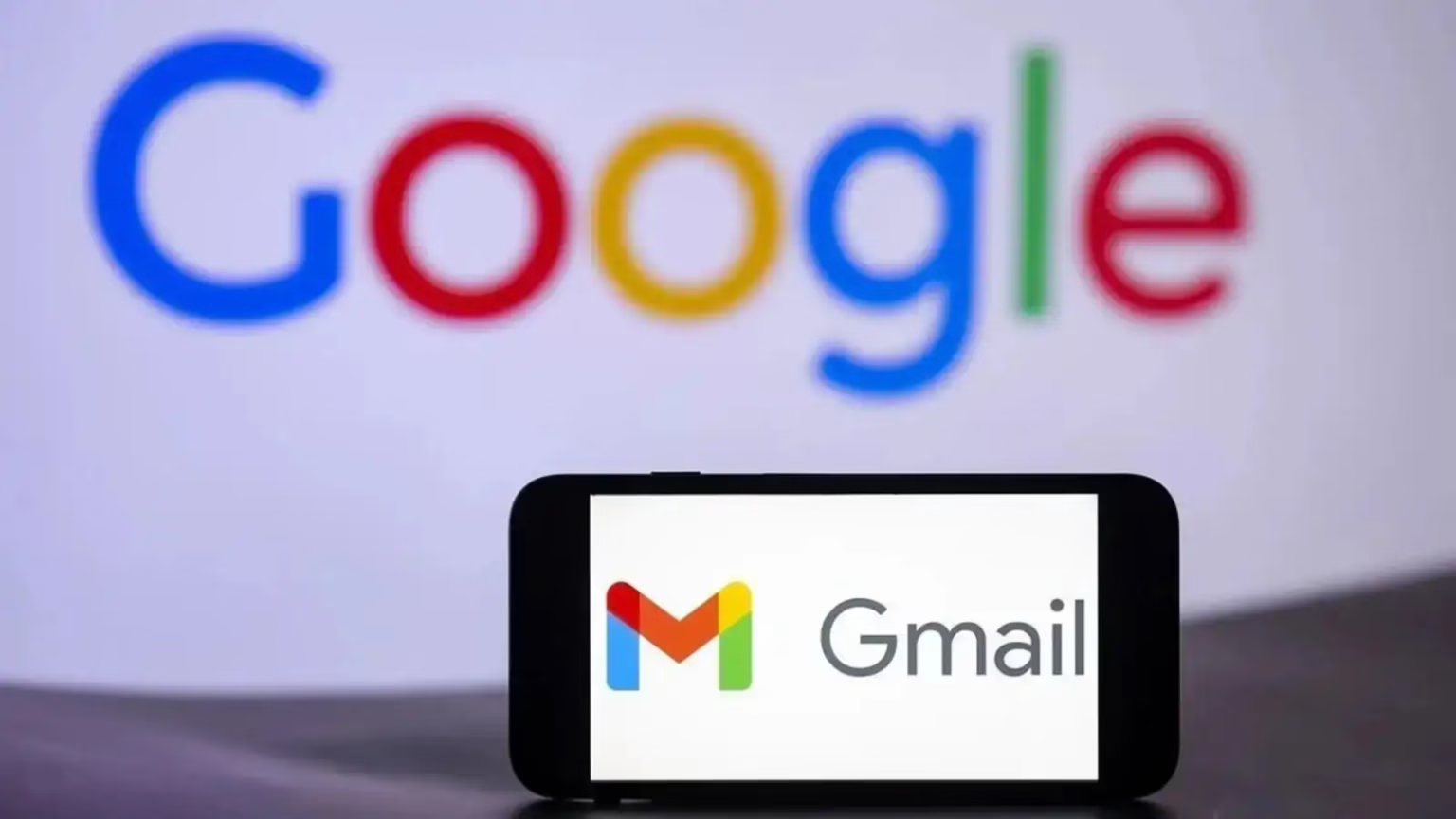Google has issued an emergency warning to billions of Gmail users after uncovering a wave of cyberattacks linked to the notorious hacking group ShinyHunters. The group, infamous for high-profile breaches at Microsoft and Ticketmaster, is now exploiting stolen data and impersonating IT staff to compromise corporate accounts worldwide.
A New Front in Cybercrime
According to Google’s Threat Intelligence Group (TAG), the hacker collective ShinyHunters has resurfaced with a more sophisticated campaign targeting Gmail and Google Cloud accounts. Active since 2020, the group is now using stolen credentials from third-party breaches, most recently Salesforce-related incidents, and combining them with social engineering techniques to break into corporate systems.
The attackers often impersonate IT staff over the phone, persuading employees to reveal login details or click on harmful links. Once they gain access, compromised accounts are used to extract sensitive company information, which is later exploited for extortion. Victims are threatened with public data leaks unless they meet ransom demands.
ShinyHunters’ Expanding Playbook
The ShinyHunters group, whose name draws inspiration from the Pokémon franchise, has gained notoriety for large-scale data breaches involving companies like Microsoft, Santander, and Ticketmaster, with millions of user records exposed.
While earlier campaigns mainly revolved around selling stolen databases on underground markets, recent investigations suggest the group is escalating its methods. Google’s TAG reports that ShinyHunters may soon launch a dedicated data leak site (DLS) to amplify extortion efforts. This shift highlights a growing trend where stolen data — once seen as ordinary business records — is increasingly being used as a weapon for systemic disruption.
The Scale of the Threat and Google’s Response
Google has clarified that its own infrastructure remains uncompromised but acknowledged the severity of the threat. With Gmail and Google Cloud serving more than 2.5 billion users globally, the attack surface is massive. On August 8, Google began sending direct notifications to affected users, urging them to take preventive measures.
The company recommends enabling two-factor authentication, regularly updating passwords, and exercising caution when handling suspicious communications — especially calls from individuals posing as IT staff. Google also noted that the attackers are heavily targeting English-speaking divisions of multinational corporations, where impersonation tactics have proven particularly successful.








